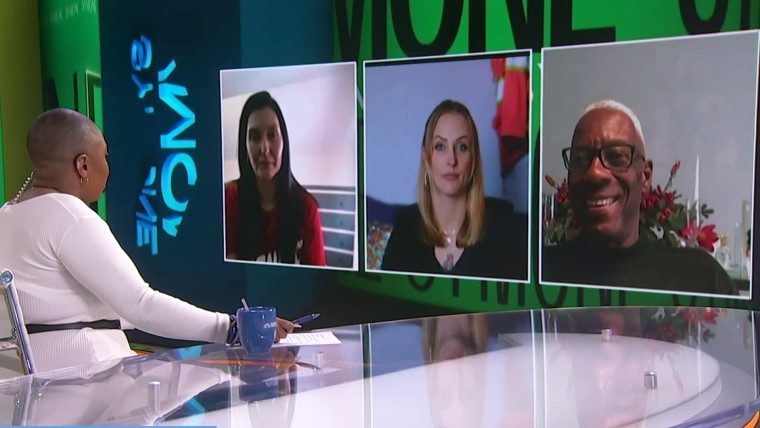The Biden administration’s charm offensive with Africa is ramping up in a big way, with U.S. officials continuing to make visits to shore up diplomatic relations as Russia and China challenge American influence over the continent.
One could say the Biden administration has sent in the cavalry to pitch African leaders on why it behooves them to align with the U.S., and that will continue this week as Vice President Kamala Harris kicks off a multinational trip to Africa on Friday. This comes after Secretary of State Antony Blinken’s visits to Niger and Ethiopia last week, as well as recent trips by first lady Jill Biden, Treasury Secretary Janet Yellen and the U.S. ambassador to the United Nations, Linda Thomas-Greenfield.
As I’ve written before, it’s critical that U.S. leaders make their pitches to African leaders effectively — and not too paternalistically — if they want buy-in on key economic and defense priorities. In particular, the U.S. is looking for African countries to partner with on military efforts to rebuff Russia and China — two countries that have spent years gaining a toehold on the continent.
And the U.S. also wants economic partners, specifically ones whose access to rich materials can aid America’s goal of leading the world in technological production and innovation. The future of American companies’ production of everything from smart cars to smartphones is largely dependent on our relationship with mineral-rich African countries.
And that underscores an obstacle that we, as a nation, encounter in our dealings with African leaders: We are exploiters.
Blinken’s trip, for example, took him to the home of a multimillion-dollar, U.S.-funded drone base in Niger, a strategic post allowing the U.S. to launch drone strikes. And there are serious questions as to whether and how this arrangement has benefited the people of Niger — a country that’s routinely ranked among the poorest in the world over the last decade.
On that note, I enjoyed hearing Senegal-based writer and activist Coumba Toure discuss the topic on “Democracy Now” last week. In the interview, she and international diplomacy expert Stephanie Savell discussed how U.S. leadership tends to prioritize military investments when negotiating with African leaders, how the benefits of these and other investments often don’t reach the people in these countries, and how the U.S. can embark on a less exploitative relationship with African nations.
“We are yet to see a type of cooperation or connection with African people that really benefits Africans — that looks at people’s health, that looks at their education, that looks at what people need in terms of mobility,” said Toure, chair of the board for the TrustAfrica foundation.
"What is talked about is about war, about arms, about training military," she added. "And that’s not the fundamental need of the people. ... The truth is, in this region, everyone comes for their own interests, and the U.S. included.”
Watch the full interview below:

